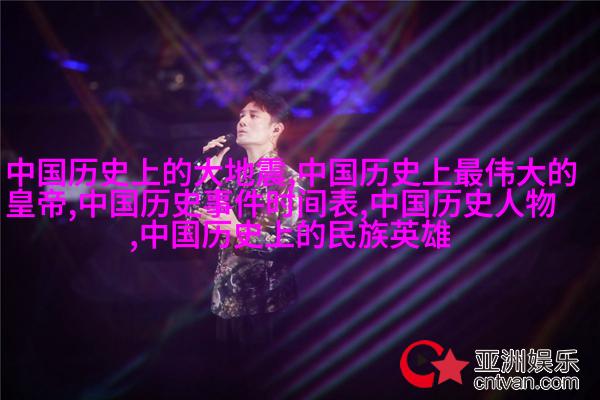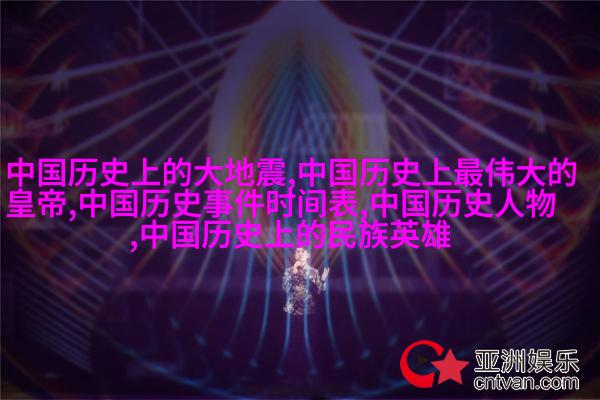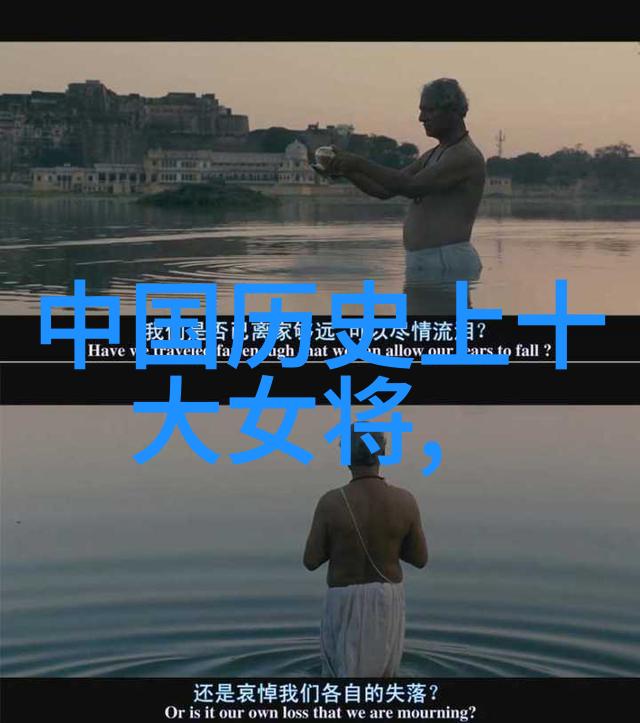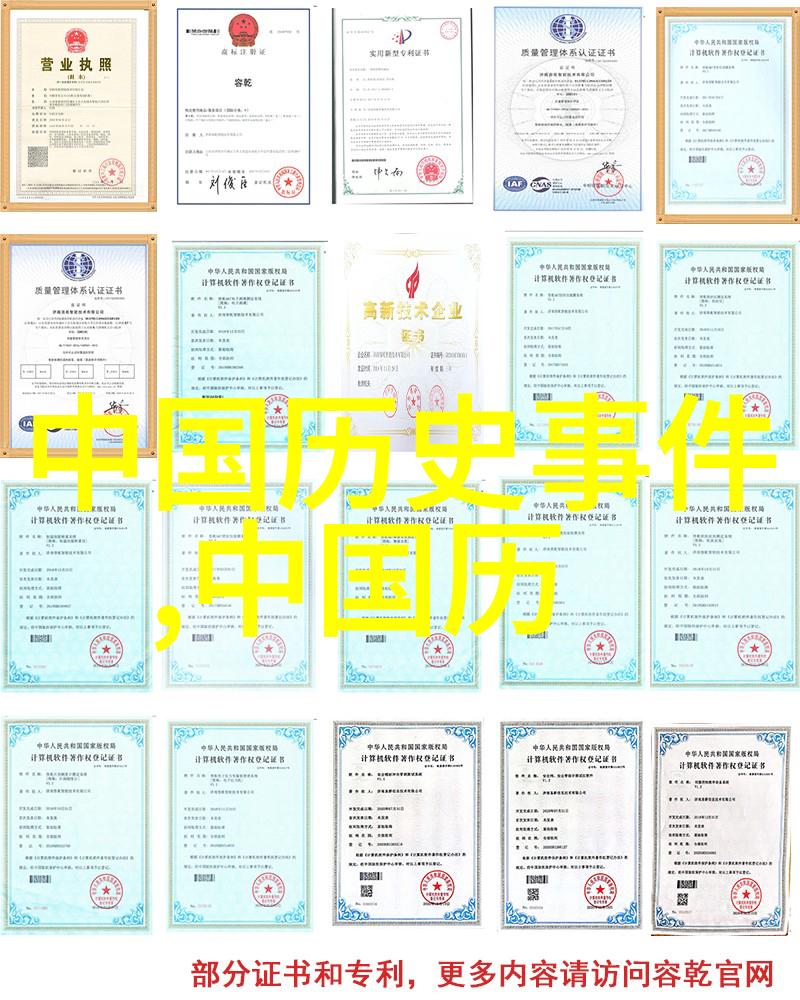古代文明的辉煌

中国的历史可以追溯到数千年前,远在史书记载之前。它是由许多不同的文化和文明所构成,这些文明在漫长的时间内相互影响、融合,最终形成了今天我们所知的中国。早期的一些重要文明包括黄河流域的新石器时代文化,如仰韶文化和龙山文化,它们为后来的农业社会奠定了基础。
这些古老的遗址不仅展示了当时的人类生活方式,还反映出当时人们对于天象、自然现象以及冥想与宗教信仰方面深刻认识。在青铜器上刻画着丰富的情感表达和精细的手工艺技巧,这些都是中华民族智慧与创造力的体现。

如何孕育出灿烂多彩的人间天堂?
随着时间推移,中国逐渐发展出了自己的文字系统——汉字。这一发明极大地促进了信息交流与知识传播,使得中文成为一种独特而强大的语言工具。同时,周朝建立了一套完备的地理划分制度,将全国分为九州,再进一步划分为府、郡等行政区划,为中央集权政治提供了坚实基础。

周朝之后,春秋战国时期出现了一系列新的国家,如楚、齐、燕等,它们之间不断争霸斗争,以战争换取领土扩张和政治上的统治力。但是在这场动荡之中,也孕育出了儒家思想这一重要哲学体系,它对后世产生了深远影响,不仅塑造了封建社会伦理规范,还指导着士人学习读书写字,从而培养起一批又一批能干有识的大师。
探索那些被遗忘的心灵世界

秦始皇统一六国,并实施了一系列中央集权措施,比如标准化货币(五铢钱)、长度单位(丈尺)、度量衡等,使得整个国家实现了一定的经济效益提升。此外,他还修建长城以防御北方游牧部落入侵,以及兴建都城咸阳宫,展现出其宏伟计划及建筑技术水平。
然而,在秦朝之后,由于种种原因如严苛法规、高昂税收以及过度集中政权导致民怨四起,最终引发连锁反应爆发革命。这段历史揭示出来的是一个关于权力过重导致失去民心的问题,对后世有着深刻启示意义。

从战乱到繁荣再到衰败:一次次转折点
汉朝建立后,对外采取“怀柔政策”,吸纳各族人民,加强边疆建设,同时也推行土地制度改革,让农民免除赋税,一时之间使得百姓安居乐业。这期间文学艺术也取得显著成就,如诗歌作品《离骚》、《楚辞》成为经典之作,而医学领域也有巨大的进步,如《黄帝内经》的编纂,为人类医疗科学做出了不可磨灭贡献。
然而,即便如此辉煌的盛世也不 immune to the forces of change. The fall of the Han Dynasty marked the beginning of a period known as the "Three Kingdoms," during which time China was divided into three main regions: Shu, Wu, and Wei. This period was marked by constant warfare and shifting alliances, with each kingdom vying for power.
Despite these challenges, Chinese culture continued to flourish. The Tang Dynasty that followed is often referred to as the "Golden Age" of Chinese history. During this time, Buddhism flourished in China, and art, literature, and technology reached new heights. The Silk Road connected China with Central Asia and Europe, spreading ideas and goods across vast distances.
The Song Dynasty saw significant advancements in science and technology. Paper money was invented during this time period along with many other innovations such as gunpowder and navigational instruments like the compass.
The Mongols conquered much of Asia under Genghis Khan's rule in 1279 AD., bringing about a unified empire that lasted until his death in 1227 AD.. Under Kublai Khan's rule from 1260-1294 AD., Marco Polo traveled to China on behalf of Venice in search of trade opportunities after hearing stories about its wealth.
From there on out it has been a series of dynasties: Ming (1368-1644), Qing (1644-1912) before falling into civil war between Nationalist Party led by Chiang Kai-shek versus Communist Party led by Mao Zedong which ended up being won by Mao Zedong leading to establishment People's Republic Of China (PRC).
Throughout all these ups & downs what remains consistent is human spirit - always striving for betterment & adaptation through various means be it scientific breakthroughs or cultural exchange or even wars; they all contribute towards shaping our world today!



